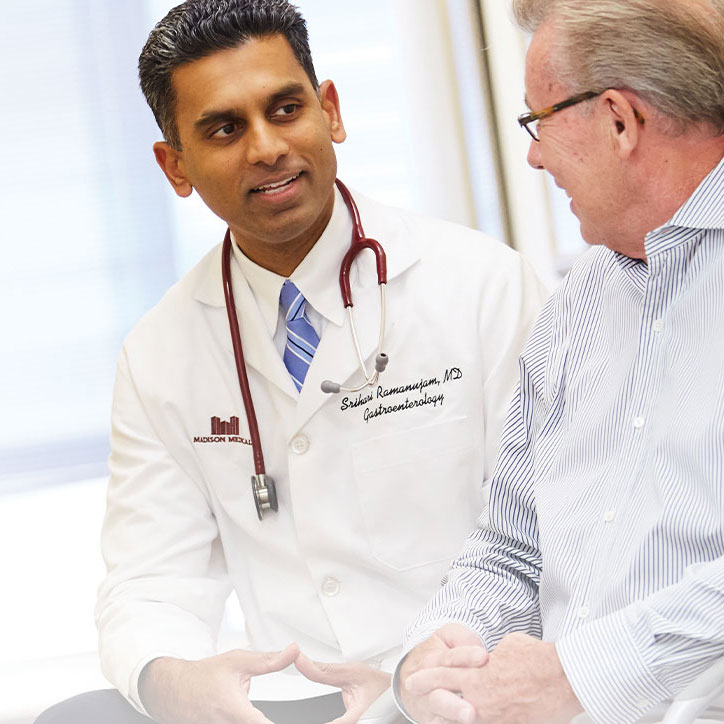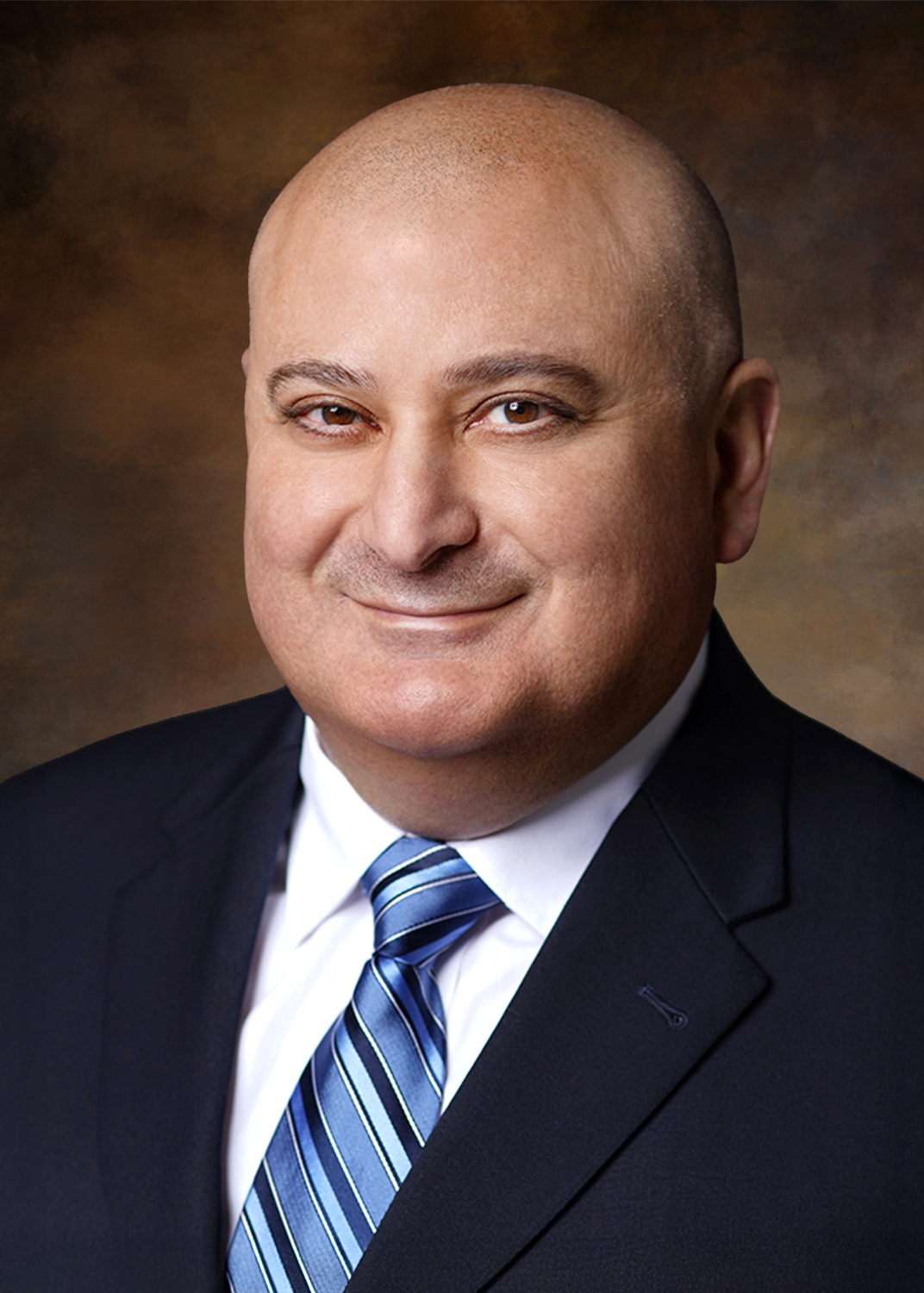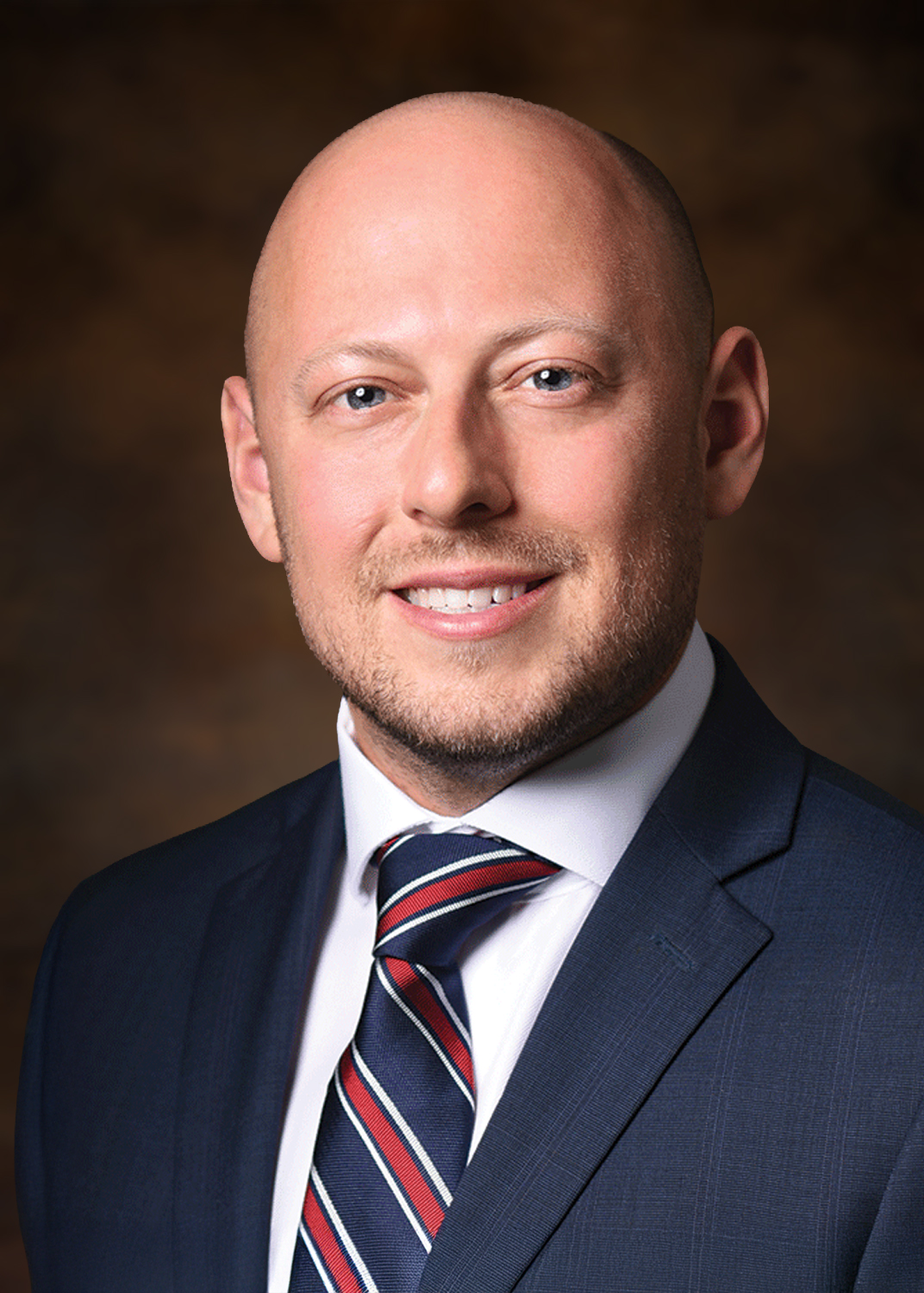Gastroenterology is a subspecialty of Internal Medicine dealing with non-surgical disorders of the esophagus, stomach, small intestine, colon, liver, gall bladder, and pancreas. As specialized medical physicians, they play a crucial role in diagnosing and managing gastrointestinal conditions, providing comprehensive care tailored to each patient’s needs. Consult with one of our Gastroenterologists at Madison Medical Affiliates in the Milwaukee area to receive a treatment plan tailored to your needs.

Frequently Asked Questions
What is Gastroenterology?
Gastroenterology is a subspecialty of Internal Medicine involving disorders of the esophagus, stomach, small intestine, colon, liver, pancreas, and gall bladder.
What are some of the common symptoms a Gastroenterologist might treat?
Patients with a variety of digestive complaints or problems – abdominal pain, bleeding, heartburn, ulcer disease, hepatitis, colon polyps and cancer, diarrhea or constipation, gallstones, pancreatitis - will often see a gastroenterologist for evaluation and treatment.
How do I prepare for an endoscopic procedure?
Fasting is usually required for at least six hours prior to an endoscopy. Evaluation of the large intestine (sigmoidoscopy or colonoscopy) will require additional preparation. Patients are sedated with intravenous medications and usually have little or no recollection of the procedure. After recovery, the patient will require a drive home. Immediate resumption of a regular diet is the rule.
How do I prepare for an endoscopic procedure?
Fasting is usually required for at least six hours prior to an endoscopy. Evaluation of the large intestine (sigmoidoscopy or colonoscopy) will require additional preparation. Patients are sedated with intravenous medications and usually have little or no recollection of the procedure. After recovery, the patient will require a drive home. Immediate resumption of a regular diet is the rule.
What are some common effects of endoscopy?
Mild gas pains are often present after the procedure, but will resolve quickly. More serious complications including bleeding or perforation are extremely rare.






